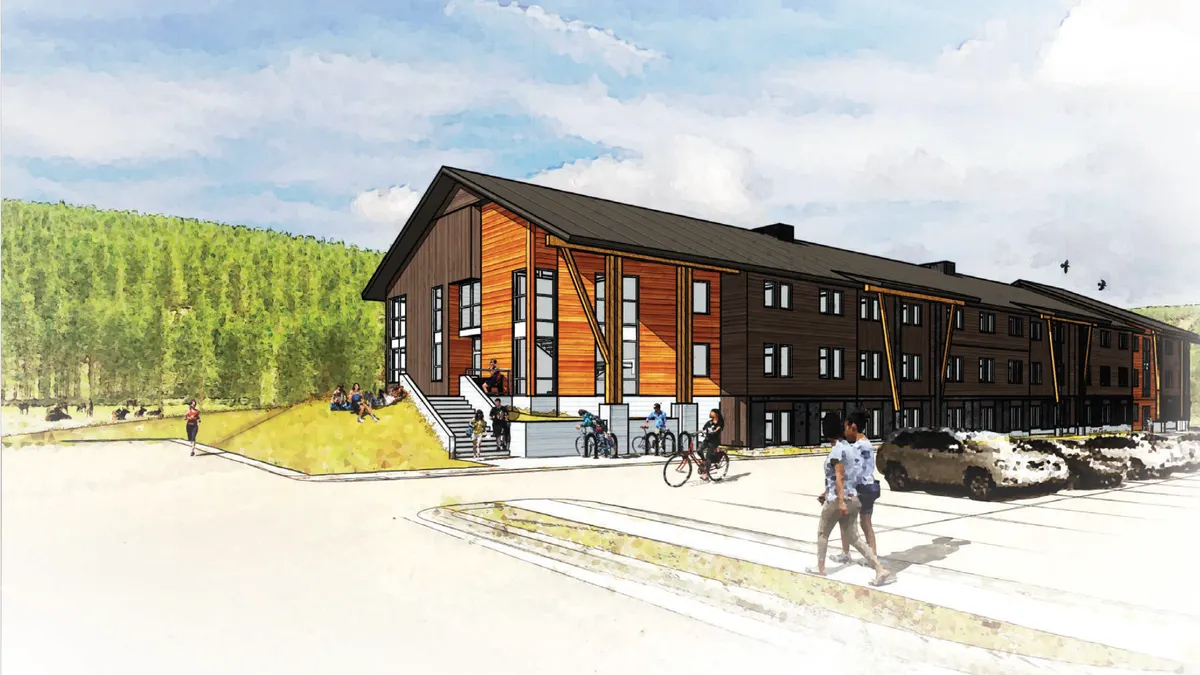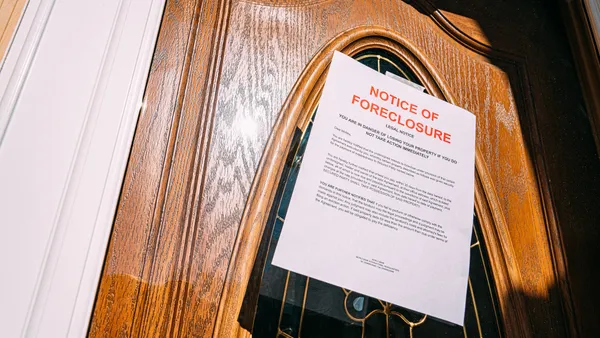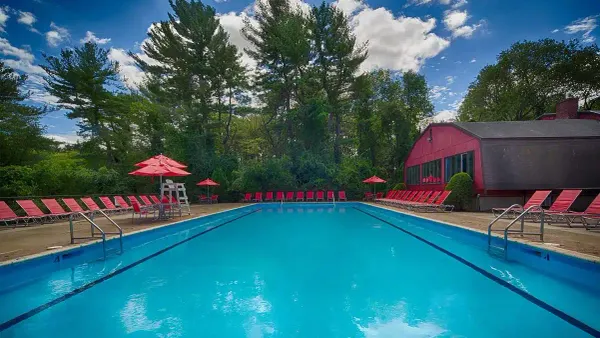A narrative emerged about West Coast metros like San Francisco and Seattle during the pandemic. Residents, suddenly untethered to their offices, were free to leave those markets in search of more affordable housing.
In turn, apartment investors, well aware of this flight and the region’s high taxes and rent control movement, were also leaving the West Coast in search of better returns in the high-growth Sun Belt metros.
But now, with a record number of apartments piling up in many once-popular Sun Belt markets, investors are coming back to the West Coast, even if the region has suffered some population loss.
“On the transaction market, in the second quarter, there was a significant increase in investor demand for well-located, newer multifamily properties on the West Coast,” Essex CEO Angela Kleiman said on the Palo Alto, California-based REIT’s Q2 earnings call in August.
The problem is there aren’t enough apartments for sale to meet this demand, creating a surprisingly frothy market in a place that investors were recently soured on.
“The number of marketed properties for sale remained low,” Kleiman said. “This combination has resulted in a highly competitive bidding process and a compression in cap rates in some markets.”
While many investors say the pricing is competitive, they aren’t ready to stop bidding for apartments.
Low cap rate hotspots
Mike Green, CEO of Larkspur, California-based multifamily investment firm Virtú Investments, has seen this highly competitive bidding process firsthand.
“We have seen some things that are just a little too rich for me,” Green said.
Although Virtú had put $500 million under contract through September, Green has seen pricing rise to a level that he isn’t comfortable with in some West Coast locales, like an asset trading for a 4.2% cap rate in Bellevue, Washington.
“I saw one go down in Orange County, at least by our underwriting, at a low 4%,” Green said. “That's really aggressive.”
However, Green notes that these markets are also beginning to recover from a rental perspective, with net operating income rising 3.5% last year and a similar trajectory this year.
“We’re seeing strong growth,” Green said. “It’s coming out in the numbers in the San Jose area, which is really growing strongly. Bellevue is growing strongly. We’re starting to see some recovery in Seattle and even in core San Francisco.”
Making the math work
As apartment sales volume picked up in Q1 of 2024, cap rates remained in the mid- to high-4% range, Rylan Burns, chief investment officer for Essex, said in the REIT’s Q2 earnings call.
However, on the REIT’s Q3 earnings, Kleiman indicated they were even lower. “On the transaction market, strong investor interest for multifamily properties on the West Coast has resulted in cap rates trading consistently in the mid 4% range with numerous transactions in the low 4%,” she said.
Even in that continued low-cap rate environment, Essex secured two apartment communities in Northern California for a combined $147.7 million in Q2, including the Elan Mountain View apartments, for $101.1 million.
After purchasing the property in Mountain View, California, from Charleston, South Carolina-based owner, manager and developer Greystar for a high 4% cap rate, Essex rebranded the community as ARLO Mountain View.
“We're expecting some additional benefit from putting it onto our operating platform,” Burns said. “This is a building with probably a 20% discount to replacement cost and with rents that are about 15% low pre-COVID levels.”
When the opportunity to acquire properties with that type of upside is available, Essex will act, according to Burns.
“Given our fundamental outlook for some of these submarkets, if we can find more opportunities like that, we will pursue as we have always — aggressively but with great discipline as well,” Burns said.
Click here to sign up to receive multifamily and apartment news like this article in your inbox every weekday.









